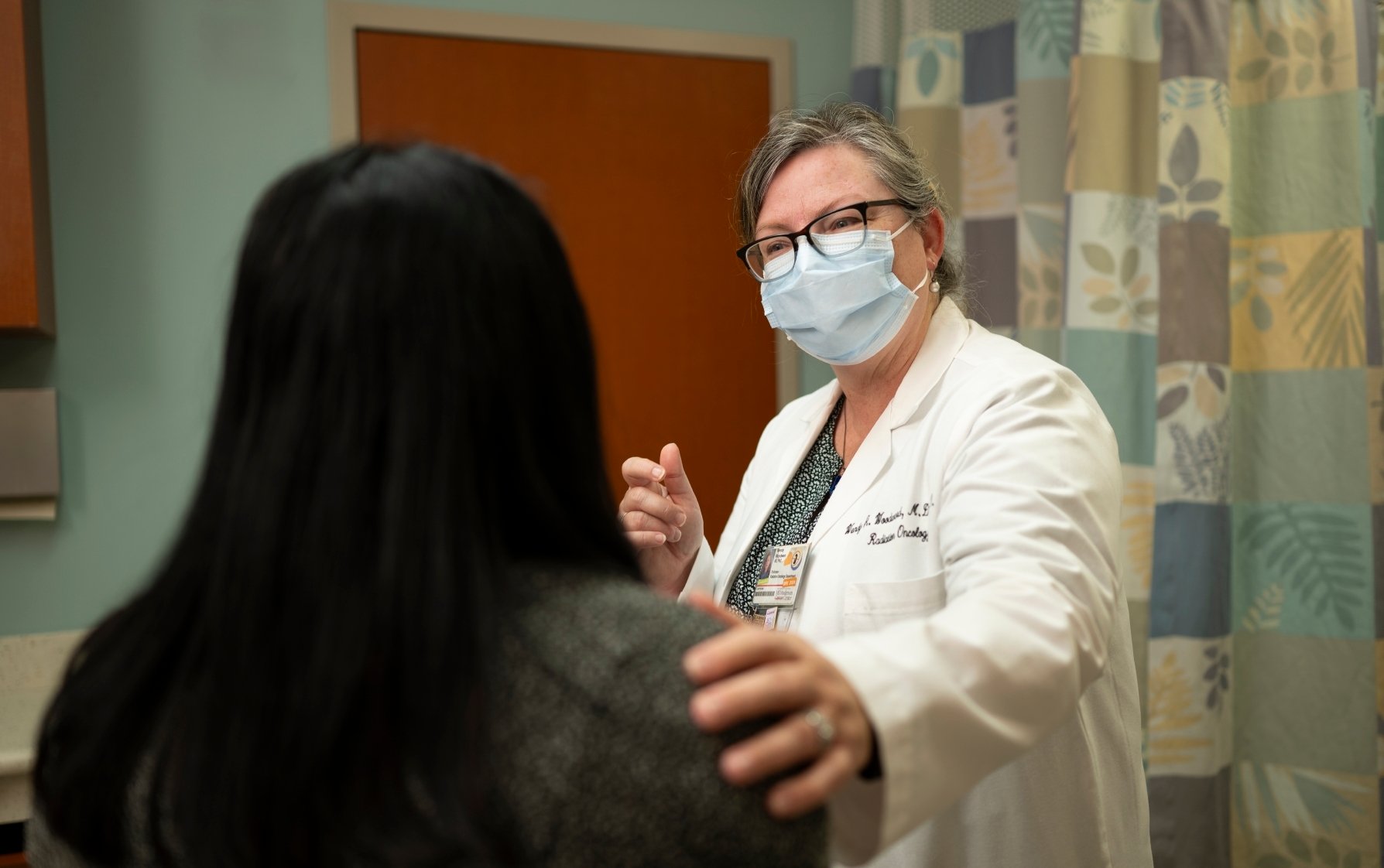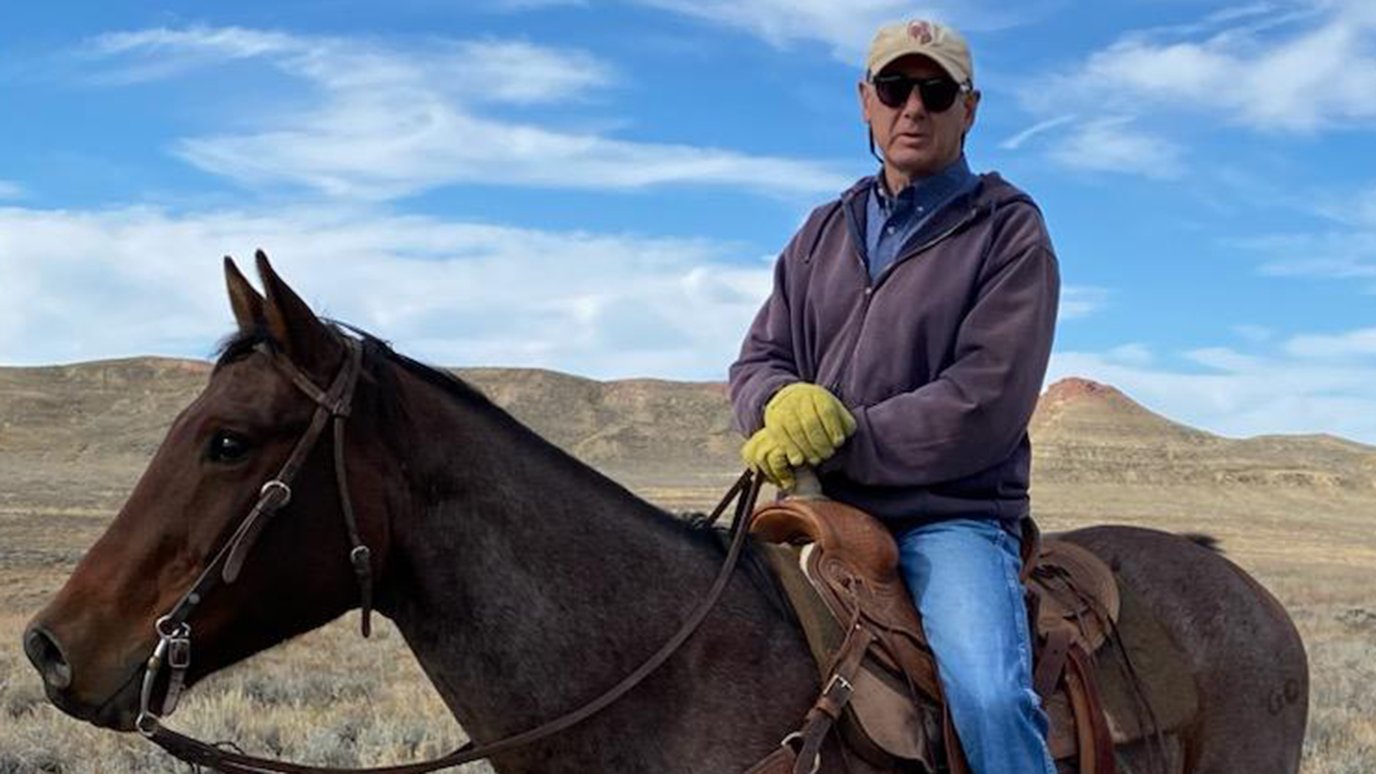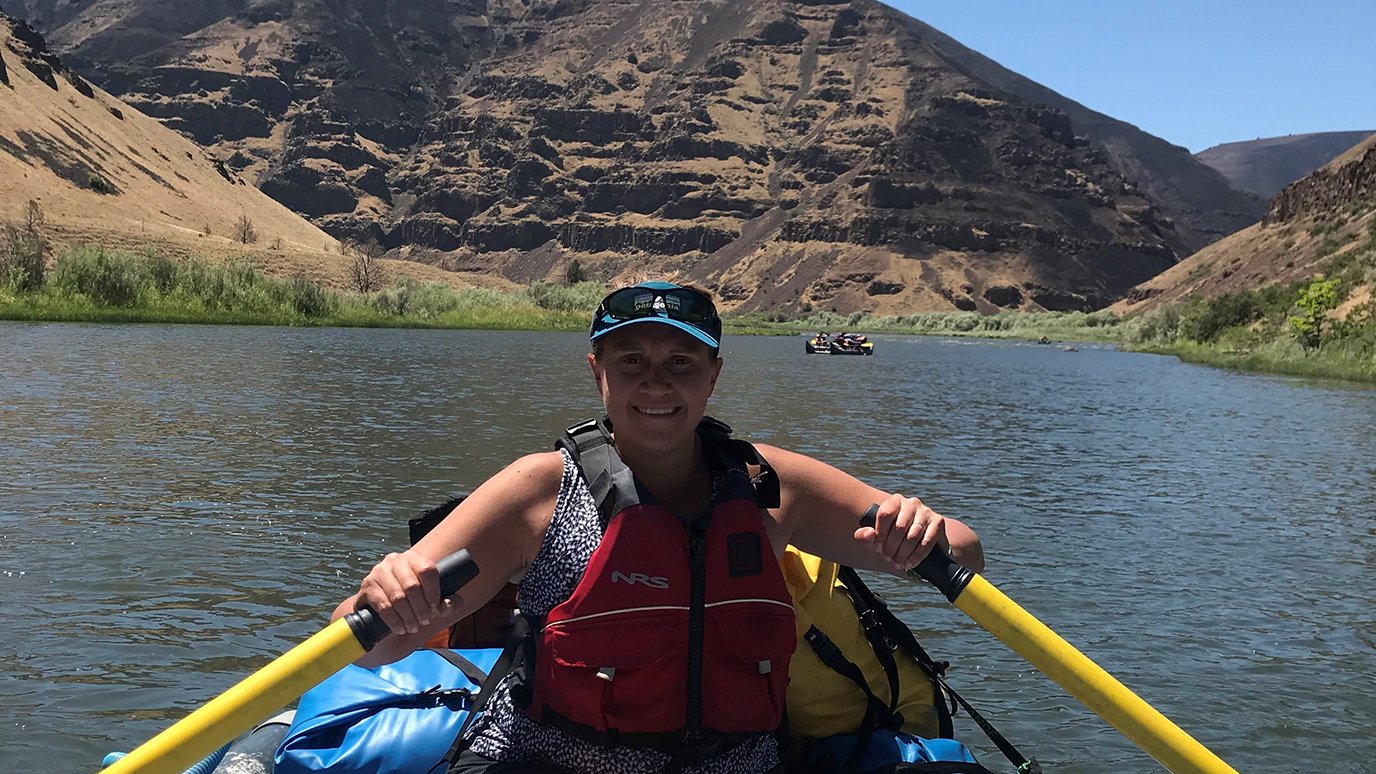- Diseases
- Acoustic Neuroma (14)
- Adrenal Gland Tumor (24)
- Anal Cancer (66)
- Anemia (2)
- Appendix Cancer (16)
- Bile Duct Cancer (28)
- Bladder Cancer (68)
- Brain Metastases (28)
- Brain Tumor (228)
- Breast Cancer (716)
- Breast Implant-Associated Anaplastic Large Cell Lymphoma (2)
- Cancer of Unknown Primary (4)
- Carcinoid Tumor (8)
- Cervical Cancer (154)
- Colon Cancer (164)
- Colorectal Cancer (110)
- Endocrine Tumor (4)
- Esophageal Cancer (42)
- Eye Cancer (36)
- Fallopian Tube Cancer (6)
- Germ Cell Tumor (4)
- Gestational Trophoblastic Disease (2)
- Head and Neck Cancer (6)
- Kidney Cancer (124)
- Leukemia (344)
- Liver Cancer (50)
- Lung Cancer (288)
- Lymphoma (284)
- Mesothelioma (14)
- Metastasis (30)
- Multiple Myeloma (98)
- Myelodysplastic Syndrome (60)
- Myeloproliferative Neoplasm (4)
- Neuroendocrine Tumors (16)
- Oral Cancer (100)
- Ovarian Cancer (170)
- Pancreatic Cancer (166)
- Parathyroid Disease (2)
- Penile Cancer (14)
- Pituitary Tumor (6)
- Prostate Cancer (144)
- Rectal Cancer (58)
- Renal Medullary Carcinoma (6)
- Salivary Gland Cancer (14)
- Sarcoma (236)
- Skin Cancer (294)
- Skull Base Tumors (56)
- Spinal Tumor (12)
- Stomach Cancer (60)
- Testicular Cancer (28)
- Throat Cancer (90)
- Thymoma (6)
- Thyroid Cancer (98)
- Tonsil Cancer (30)
- Uterine Cancer (78)
- Vaginal Cancer (14)
- Vulvar Cancer (18)
- Cancer Topic
- Adolescent and Young Adult Cancer Issues (20)
- Advance Care Planning (10)
- Biostatistics (2)
- Blood Donation (18)
- Bone Health (8)
- COVID-19 (362)
- Cancer Recurrence (120)
- Childhood Cancer Issues (120)
- Clinical Trials (622)
- Complementary Integrative Medicine (24)
- Cytogenetics (2)
- DNA Methylation (4)
- Diagnosis (226)
- Epigenetics (6)
- Fertility (62)
- Follow-up Guidelines (2)
- Health Disparities (14)
- Hereditary Cancer Syndromes (122)
- Immunology (18)
- Li-Fraumeni Syndrome (8)
- Mental Health (118)
- Molecular Diagnostics (8)
- Pain Management (62)
- Palliative Care (8)
- Pathology (10)
- Physical Therapy (18)
- Pregnancy (18)
- Prevention (890)
- Research (388)
- Second Opinion (74)
- Sexuality (16)
- Side Effects (602)
- Sleep Disorders (10)
- Stem Cell Transplantation Cellular Therapy (216)
- Support (404)
- Survivorship (322)
- Symptoms (184)
- Treatment (1768)
Fecal transplants help lung cancer patient keep colitis in remission
4 minute read | Published September 30, 2022
Medically Reviewed | Last reviewed by an MD Anderson Cancer Center medical professional on September 30, 2022
Six years ago, Suzanne Singletary traveled to central Florida to spend Christmas with her family.
She had a small cough, so she stopped at a local pharmacy to get some medication.
“When I pulled into the parking lot, I coughed up a thin piece of blood the size of a strand of hair,” says Suzanne, 70, of Shell Point Beach, Florida. “It shook me up, though I didn’t tell my family. I didn’t want to spoil their Christmas.”
Suzanne was diagnosed a few weeks later with extensive stage small cell lung cancer. With a prognosis of less than a year to live, her doctor recommended she come to MD Anderson.
Suzanne saw thoracic/head and neck medical oncologist Ferdinandos Skoulidis, M.D., Ph.D., during her first appointment in Feb. 2017. Additional testing revealed tumors in her lungs, arm and abdomen.
“Dr. Skoulidis said that currently there was no cure,” she says. “They were going to try some new treatment methods.”
Finding the right small cell lung cancer treatment
Suzanne began treatment a week after her initial visit. She underwent three days of chemotherapy every 21 days over six months, totaling 18 rounds. She also enrolled in a clinical trial for a PARP inhibitor drug called veliparib.
“These drugs took a toll on my health in the first year,” Suzanne says. “I was hospitalized early on for three days and lost 15 pounds, which I could afford to lose. I also lost my appetite and felt bad in general. Yet, at every turn, Dr. Skoulidis was there to address my stumbling blocks.”
Chemotherapy and the PARP inhibitor helped shrink the tumors small enough so that Suzanne could receive radiation therapy in Aug. 2017.
“MD Anderson was focused on keeping me healthy so that I could receive my treatment to fight the cancer,” she says. “I had never experienced this level of concern for my overall health before.”
Suzanne’s PET scans were clear until June 2018. Imaging tests showed an area of recurrence in her left adrenal gland. She was removed from the clinical trial and started another round of chemotherapy, followed by radiation.
That November, she began taking an immunotherapy drug called atezolizumab. It prevented the cancer from relapsing. But it caused diarrhea and colitis.
Giving fecal transplants a try to manage immunotherapy side effects
To manage Suzanne’s diarrhea, Skoulidis referred her to gastroenterologist Yinghong Wang, M.D., Ph.D.
Wang tried a variety of treatments to see what worked best. She first prescribed an immunosuppressive drug called vedolizumab, but the diarrhea persisted and Suzanne developed sinus congestion.
Wang then prescribed a different immunosuppressive drug called ustekinumab. The first treatment went well, but the second triggered a similar sinus infection and swelling in Suzanne’s ankles and knees.
In Jan. 2021, Wang recommended a fecal transplant, a procedure in which Suzanne would receive healthy gut bacteria from a donor.
“When Dr. Wang proposed a fecal transplant, I thought that was the funniest thing I had ever heard,” Suzanne says. “Less than two weeks after the procedure, I started to feel a difference. I remember waking up one morning and my diarrhea was suddenly gone. By day 12, I was doing great.”
She started taking atezolizumab after that for one year. Scans continued to show no evidence of active lung cancer.
Two more fecal transplants
When the colitis returned in March 2022, Suzanne didn’t have many treatment options due to the side effects she was experiencing. So, she received another fecal transplant. She hoped for the same result as with the first transplant, but the diarrhea persisted. Suzanne faced dehydration and weight loss.
Suzanne stopped taking atezolizumab until her diarrhea got under control. Wang then prescribed a tincture of opium to control her diarrhea. This brought Suzanne relief.
Suzanne had a third fecal transplant from a different donor in Aug. 2022. She remained well two weeks after the treatment. She hopes to resume immunotherapy treatment soon.
“Dr. Wang’s attention to my diarrhea helps keep my anxiety in check,” she says. “She’s a tireless researcher. I appreciate her endeavors to help people like me have a healthy and better life.”
Embracing life
Suzanne has now lived five years beyond her original one-year prognosis. She’s feeling well and vows to enjoy life as much as possible.
“When I first got sick, I decided that if I ever got my strength back, I was never going to lie around again,” she says. “Thanks to Dr. Wang and Dr. Skoulidis, I’m able to live a normal life despite all of this. I can still do things that bring joy to my life.”
Request an appointment at MD Anderson online or by calling 1-833-542-2318.
Related Cancerwise Stories

MD Anderson was focused on keeping me healthy so that I could receive my treatment.
Suzanne Singletary
Survivor





